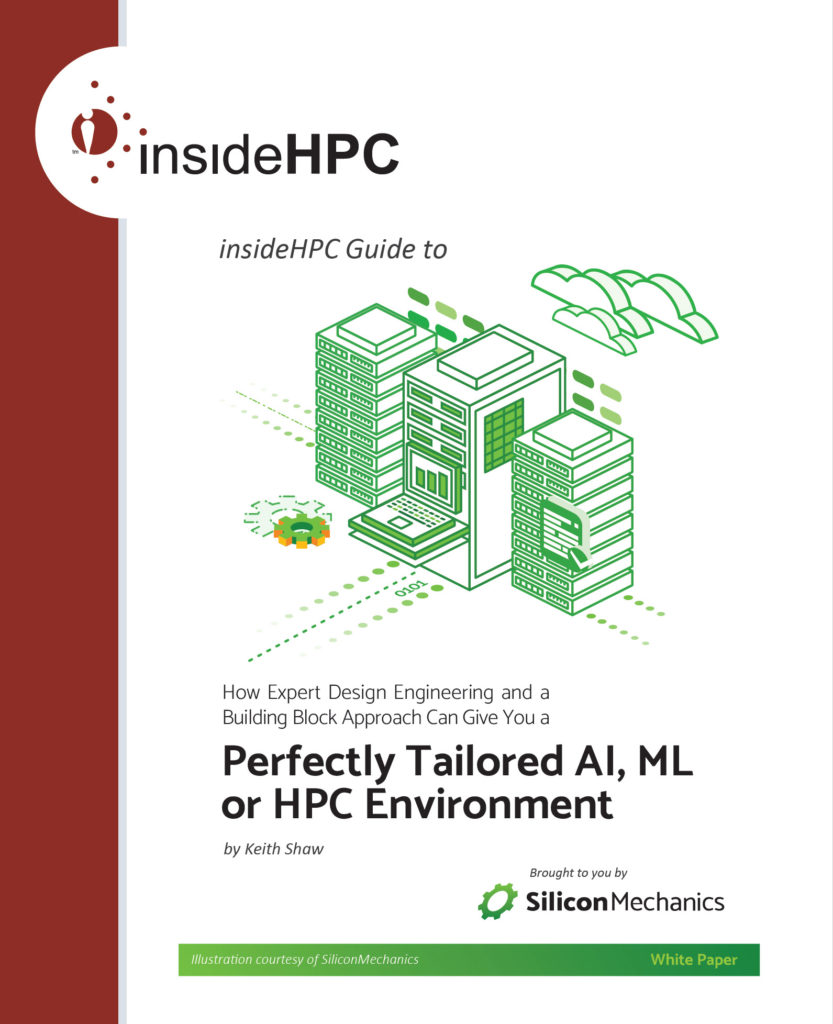In this video from Supercomputer Frontiers Europe 2020, Alexandros N. Ziogas from ETH Zurich presents: A Data-Centric Approach to Extreme-Scale Ab initio Dissipative Quantum Transport Simulations.
The computational efficiency of a state of the art ab initio #quantum transport (QT) solver, capable of revealing the coupled electro-thermal properties of atomically-resolved nano-transistors, has been improved by up to two orders of magnitude through a data centric reorganization of the application. The approach yields coarse-and fine-grained data-movement characteristics that can be used for performance and communication modeling, communication-avoidance, and dataflow transformations. The resulting code has been tuned for two top-6 hybrid #supercomputers, reaching a sustained performance of 85.45 Pflop/s on 4,560 nodes of Summit (42.55% of the peak) in double precision, and 90.89 Pflop/s in mixed precision. These computational achievements enable the restructured QT simulator to treat realistic nanoelectronic devices made of more than 10,000 atoms within a 14× shorter duration than the original code needs to handle a system with 1,000 atoms, on the same number of CPUs/GPUs and with the same physical accuracy.
Alexandros N. Ziogas is a PhD student at the Scalable #ParallelComputing Laboratory at ETH Zurich, under the supervision of Prof. Torsten Hoefler. His research interests lie in performance optimization and modeling for parallel and distributed computing systems. Recently, he has been working on data-centric representations and optimizations for #HighPerformanceComputing applications. He was awarded the 2019 GordonBell prize for his work on optimizing Quantum Transport Simulations.
Download the paper: A Data-Centric Approach to Extreme-Scale Ab initio Dissipative Quantum Transport Simulations
Check out our insideHPC Events Calendar




